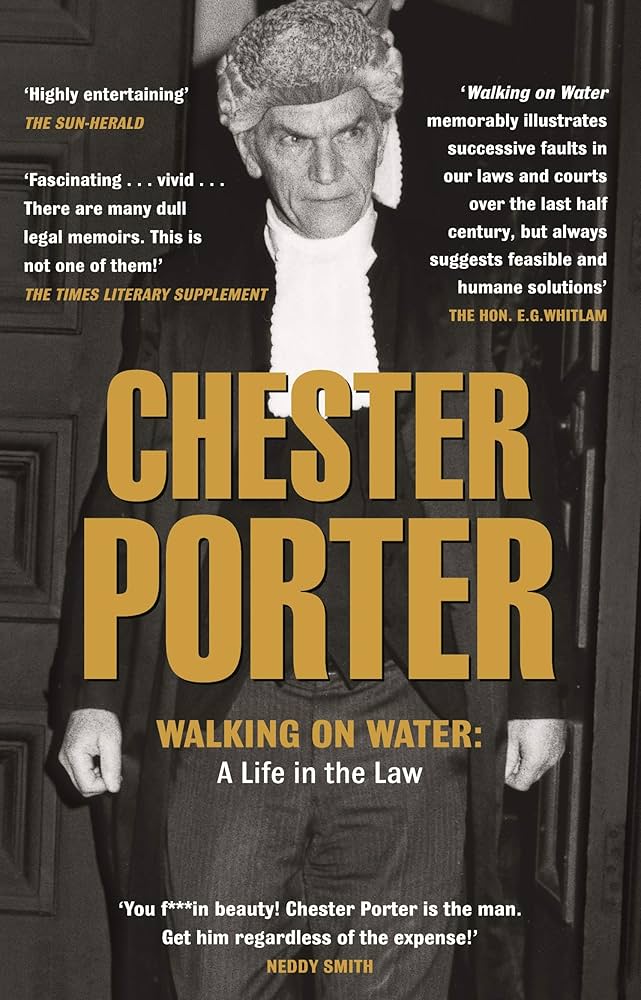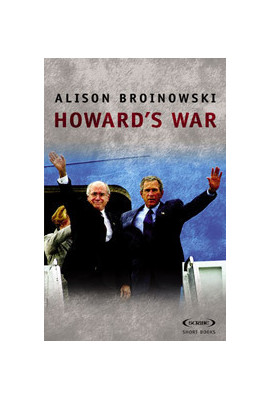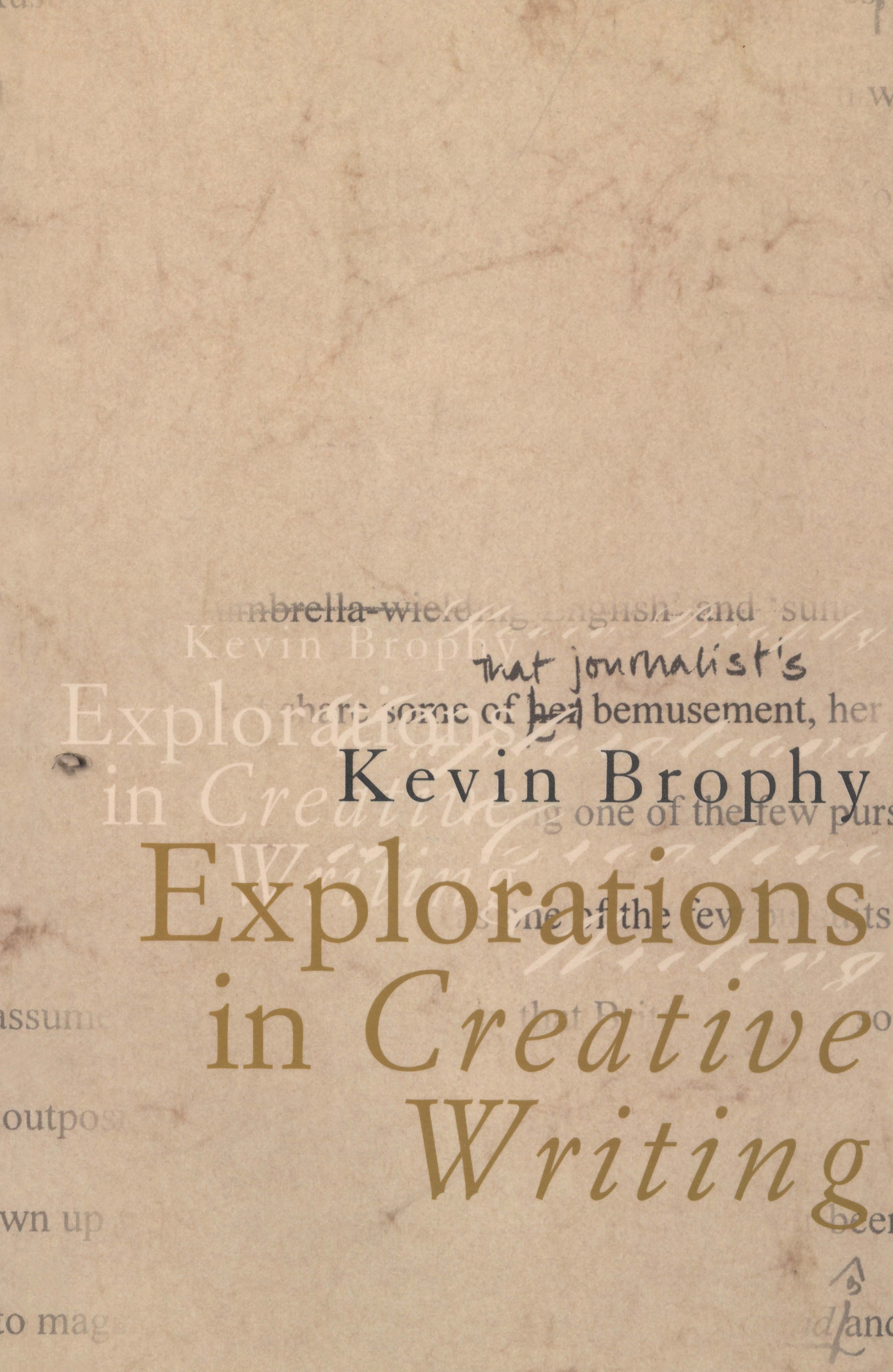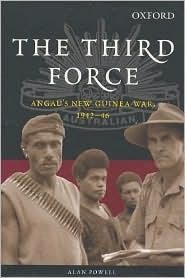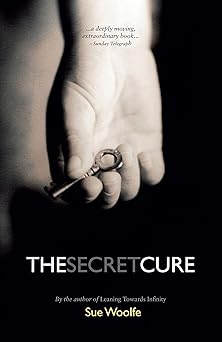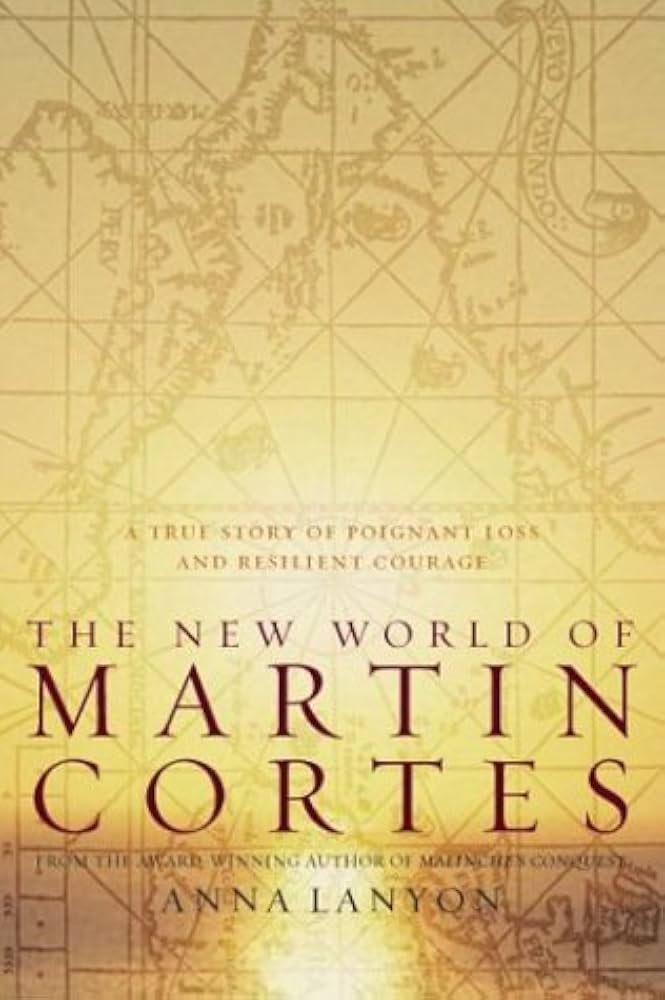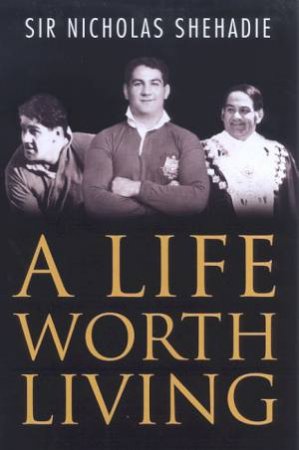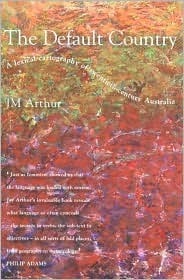Archive
Is anti-Americanism one of the last respectable prejudices in Australia, or are cries of anti-Americanism a way of silencing reasonable criticism? At the risk of being injured while straddling the fence, I will argue that, although the Bush administration has often behaved like an imperial bully-boy, the US has become the whipping boy for the anxieties of many nations and people. A broad anti-Americanism seems on the rise among Australians, possibly due to the resentment many feel about US power and the policies of this administration. Although I sympathise with many of its critics, the associated slide of many Australians into anti-Americanism is unfortunate. Presidents come and go, but America’s importance in our world and imaginations is much greater. Besides, the US is far too diverse to hate.
... (read more)The Third Force: Angau’s New Guinea War 1942-46 by Alan Powell
for Susan
Between non capisco and dimentico
we learn to speak a little: our history
always taking place in the present tense.
Between mistranslations
you’re still not sure he meant it.
‘I mean it,’
he said. ‘I want to work in Canada.
I have a nice face – why won’t you marry me?’

